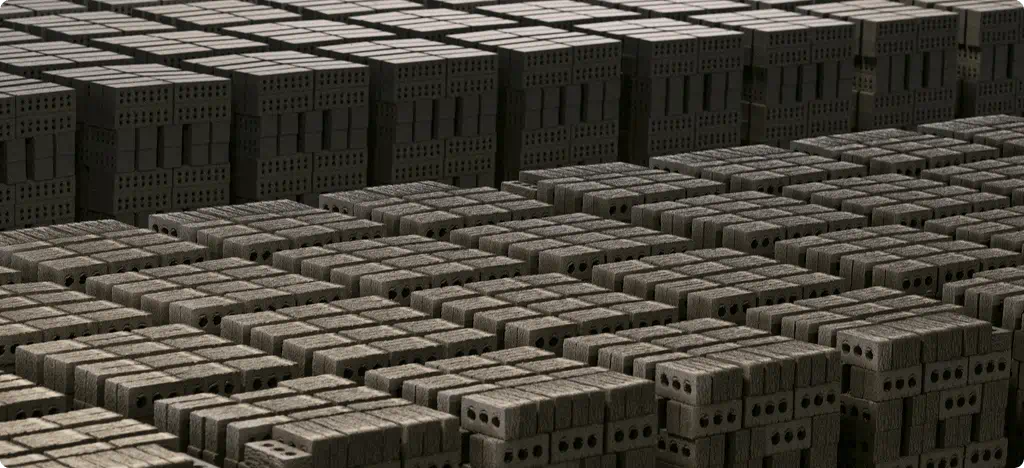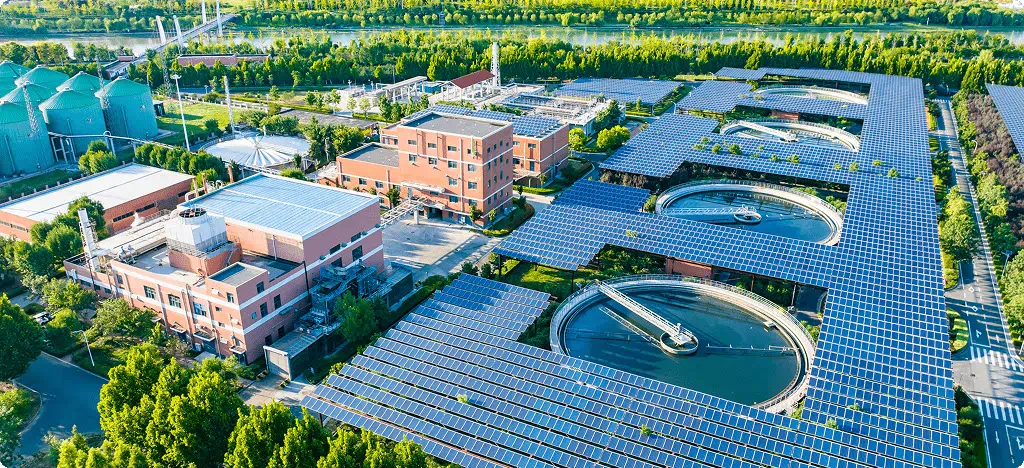Arcadis projects enhanced for the full lifecycle
To accelerate the transition to a low carbon economy and support our clients in reducing the environmental impacts of their projects, Arcadis empowers its teams with insight into sector-specific carbon emission hotspots, along with guidance on low-carbon alternatives for project delivery.
Low-Carbon Materials Database

Arcadis has developed a Low-Carbon Materials Database to support both internal teams and clients in sourcing sustainable materials and identifying solutions to reduce a project's carbon footprint.
The database provides key information on regional suppliers and products. For example, if you're sourcing low-carbon cement, the tool can quickly connect you with suppliers offering environmentally responsible options.
The platform also prioritizes the use of recycled materials and materials with high recycled content—critical elements in reducing embodied carbon. This information is managed directly within the Low-Carbon Materials Database to support informed, sustainable design decisions.
Whole of Life Carbon

Through our global initiative, Project Carbon, Arcadis is scaling the use of Whole of Life Carbon (WLC) assessments across projects. This approach embeds carbon impact measurement from start to finish—from raw material selection to end-of-life waste disposal—allowing us to identify and implement decarbonization strategies across every stage of the project lifecycle.In Portugal, a WLC study conducted during the early design stage for a villa construction project found that replacing traditional high-carbon materials like concrete and steel with low-carbon alternatives could reduce carbon emissions by 60%. This underscores the importance of engaging clients, suppliers, and the broader supply chain early in the process to drive measurable sustainability outcomes.
In another project—this time to reconstruct airport taxiways in the UK—a WLC assessment was applied to evaluate the extraction, use, and maintenance phases. By analyzing multiple design scenarios and linking carbon data with cost implications, the client was equipped to make informed decisions balancing environmental considerations with financial viability.
As an additional example, a project in the United States evaluated PFAS water treatment systems to examine how system scale and renewable energy sources could influence sustainability performance. The study found that adopting a closed-loop system powered by renewable energy could achieve carbon savings of up to 80%—while also improving operational efficiency. The results were shared at industry conferences (BATTELLE 2023, A&WMA 2024), highlighting innovative strategies for sustainable environmental management.
Connect for more information
We hope you enjoyed this story. It would be our pleasure to connect with you as well and discuss how we can help you improve the quality of life at your business.
